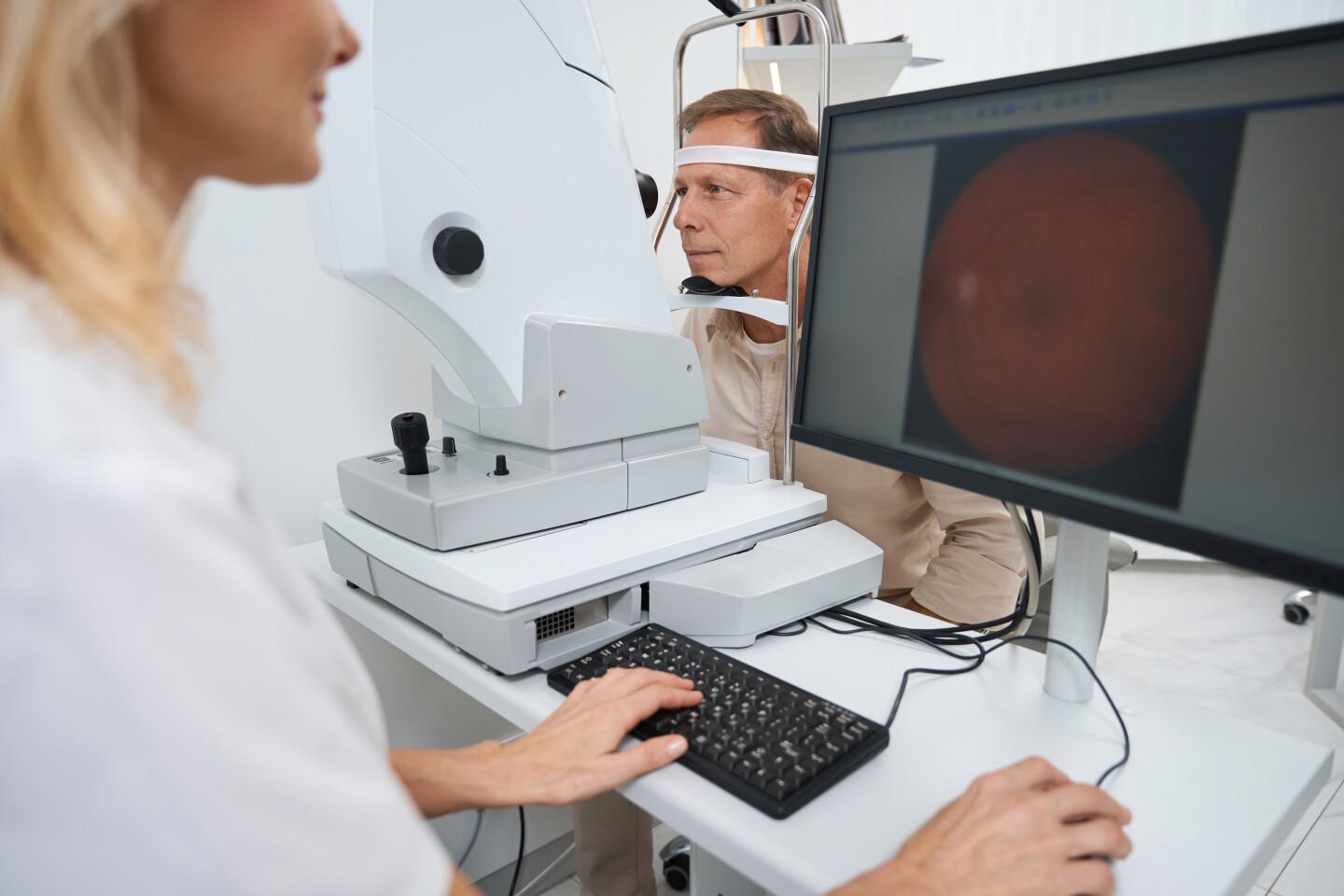The surprising reason we blink so much more than we need to
Blinking keeps our eyes moist – but we actually blink way more often than we need to if that was the only reason. Scientists at the University of Rochester have now found that the involuntary action plays a bigger role than we thought, helping us proce… Continue reading The surprising reason we blink so much more than we need to
